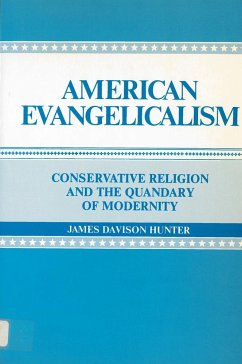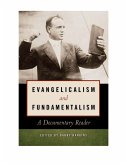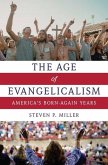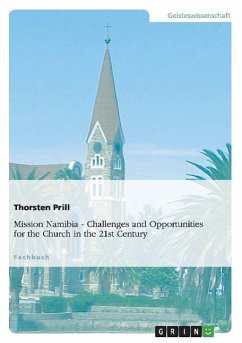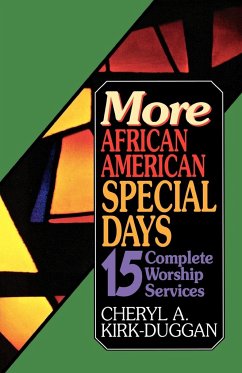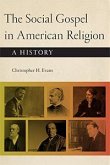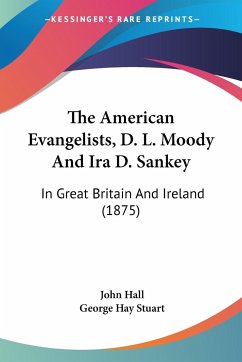A competent but dullish sociological survey. Hunter (Westmont College, Cal.) presents a lot of useful data (originally gathered by the Princeton Religious Research Center), and he puts the Evangelicals in a clear historical perspective; but his conceptual framework is flat and unimaginative. He sees Evangelicals as fighting a (probably doomed) rear-guard action against modernity; as engaging in "cognitive bargaining" (compromises with secularism); as squaring off against the New Class; as retreating into spiritual narcissism, and so forth: all valid but obvious points. Hunter's only novel idea is that the way Evangelicals understand the classic duality of divine transcendence and immanence results from their projecting into theology the split between the public and private spheres of contemporary life. In other words, they abandon the God of power and majesty for a more personalized Friend because the old "conservative Protestant symbols" (e.g., hellfire) have been so sharply devalued in the open market. It's an interesting but unprovable notion. On a more mundane level, Hunter shows statistically that Evangelicals tend to be "predominantly white" and "disproportionately female," to have less income and education than other religious (and non-religious) groups, to be "grossly underrepresented" in large cities. Somewhat surprisingly, they are more Democratic than Republican. They abhor abortion, adultery, divorce, and homosexuality more than members of other churches do, etc. Hunter's findings, then, are largely predictable, and he often clothes them in academic fustian (words like "essentiality," phrases like "world disaffirming sociocultural environment"). Still, the breadth (if not depth) and completeness of this compact study make it a handy reference work for students of American religion. (Kirkus Reviews)
Hinweis: Dieser Artikel kann nur an eine deutsche Lieferadresse ausgeliefert werden.
Hinweis: Dieser Artikel kann nur an eine deutsche Lieferadresse ausgeliefert werden.

